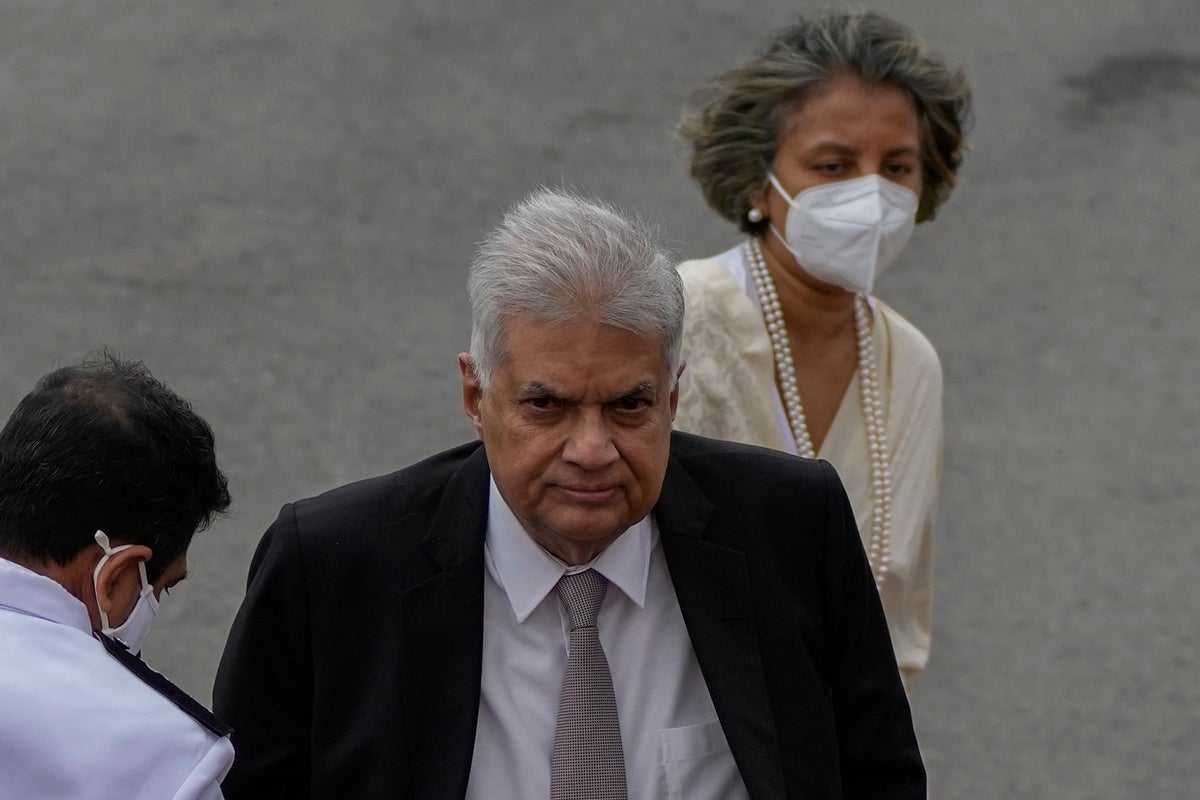
Sri Lanka's new president said Wednesday that his government is preparing a national policy roadmap for the next 25 years that aims to cut public debt and turn the country into a competitive export economy as it seeks a way out of its worst economic disaster.
President Ranil Wickremesinghe in his speech to Parliament said Sri Lanka needs long-term solutions and a strong foundation to stop a recurrence of economic crises.
Massive public protests have blamed Wickremesinghe's ousted predecessor, Gotabaya Rajapakasa, and his powerful family for years of mismanagement and corruption that have bankrupt the nation and led to unprecedented shortages of essential imports like fuel, medicine and cooking gas. But many are still skeptical of Wickremesinghe and accuse him of trying to protect the former leader and his relatives.
Sri Lanka announced in April that it is suspending repayment of foreign loans. Its total foreign debt is $51 billion, of which it must pay $28 billion by 2027.
Wickremesinghe said his government had initiated negotiations with the International Monetary Fund on a four-year rescue plan and had commenced the finalization of a debt restructuring plan.
“We would submit this plan to the International Monetary Fund in the near future, and negotiate with the countries who provided loan assistance. Subsequently negotiations with private creditors would also begin to arrive at a consensus,” he said.
He said the government's aim is to create a surplus in the primary budget by the year 2025 and to bring down public debt, currently at 140% of GDP, to less than 100% by 2032.
“The economy should be modernized. Economic stability should be established and transformed into a competitive export economy. In this context, we are now preparing the necessary reports, plans, rules and regulations, laws and programs,” he said.
“If we build the country, the nation and the economy through the national economic policy, we would be able to become a fully developed country by the year 2048, when we celebrate the 100th anniversary of independence,” Wickremesinghe said.
Wickremesinghe was elected president last moth to complete the rest of Rajapaksa’s five-year term, which ends in 2024. Rajapaksa fled the country after protesters, furious over the economic hardships, stormed his official residence and occupied several key government buildings.
Wickremesinghe has since cracked down on protests and sought amity among political parties, saying only an all-party government can solve the country's problems.
“The expectation of all the citizens of the country at this juncture is for all their representatives in Parliament to work together in order to build the country,” he said.







